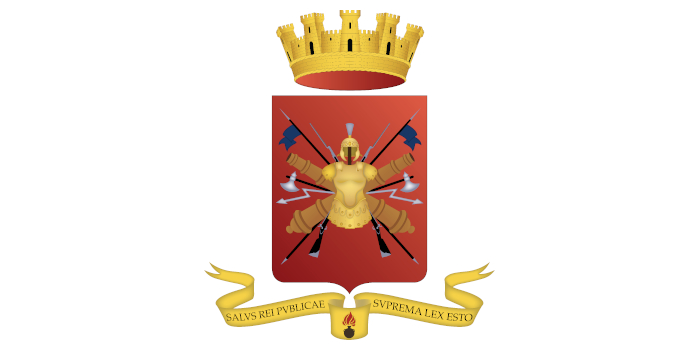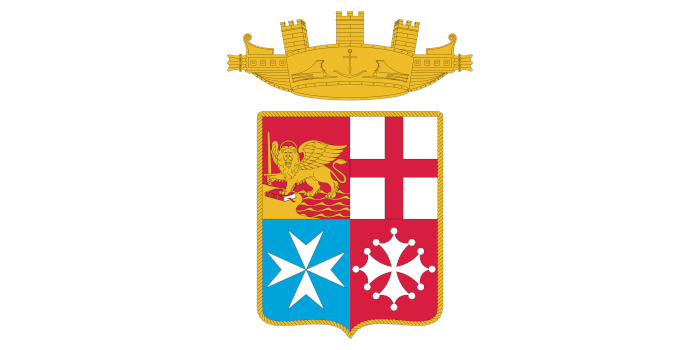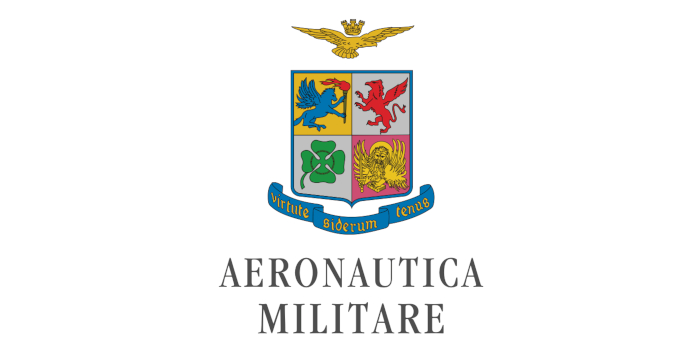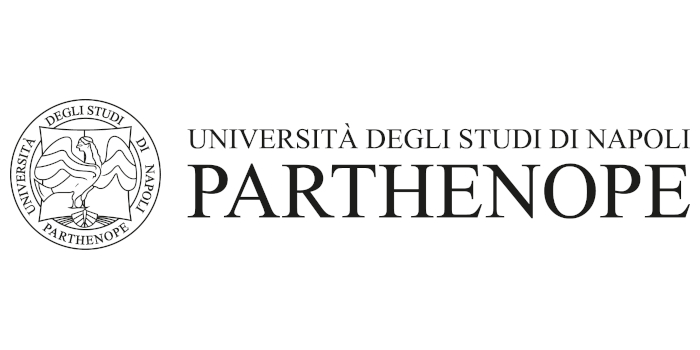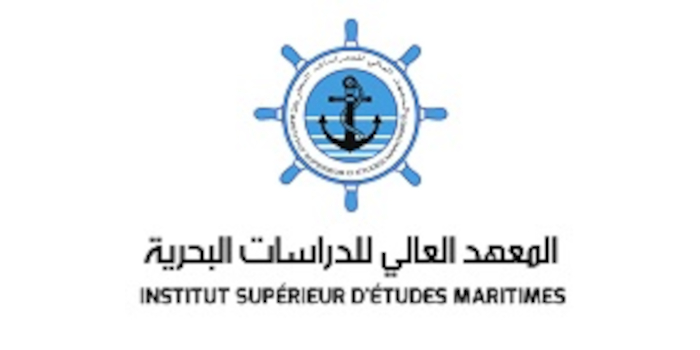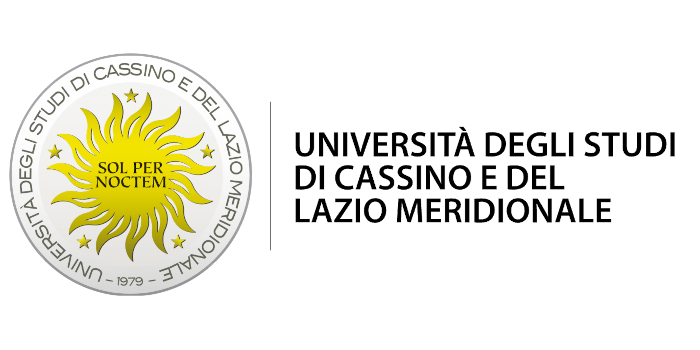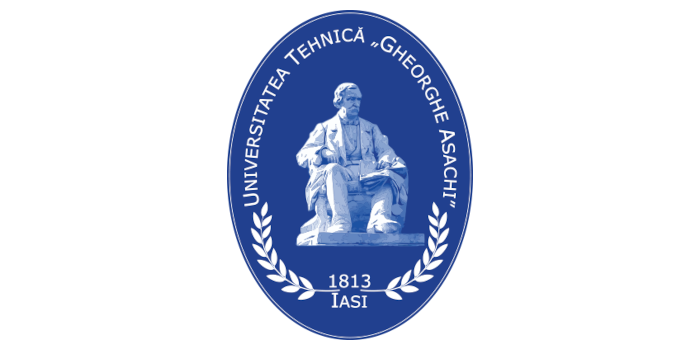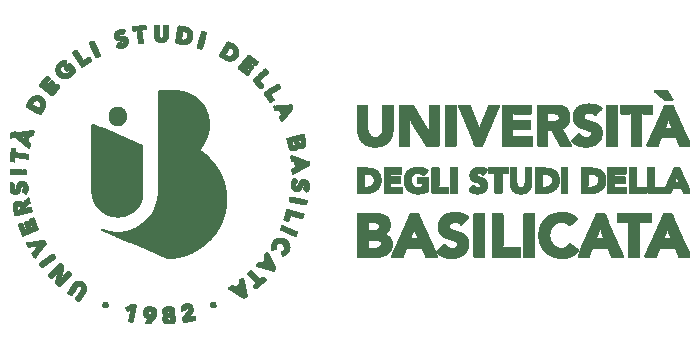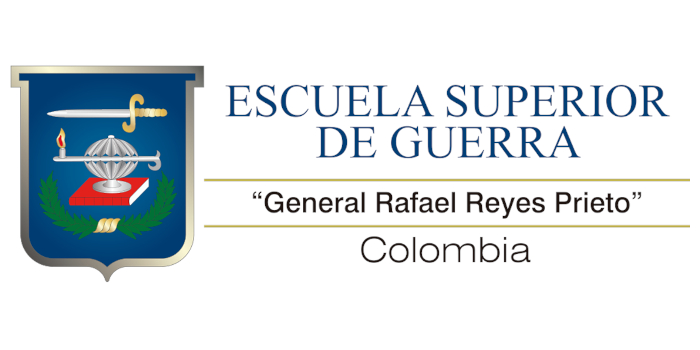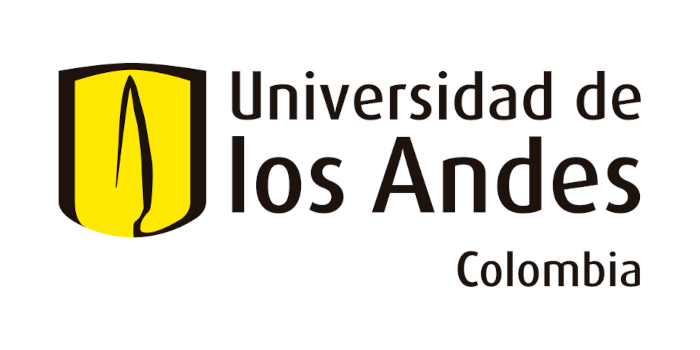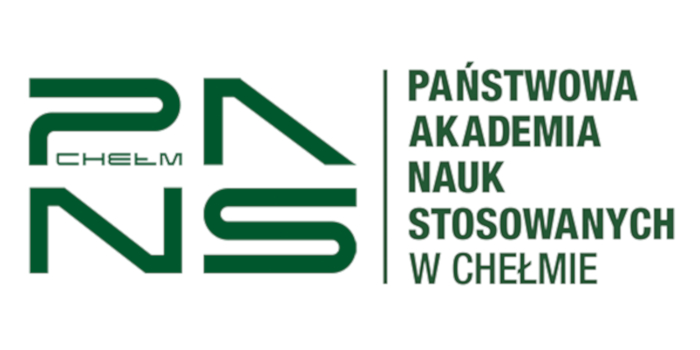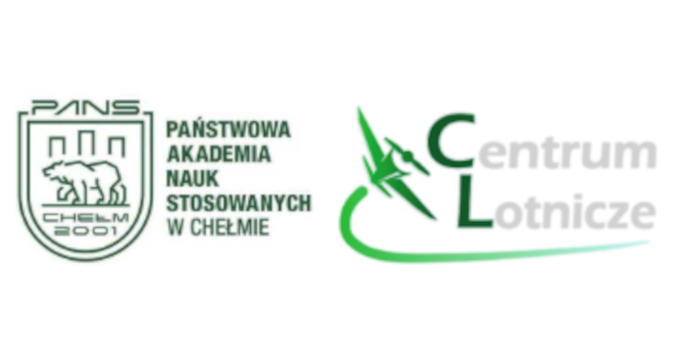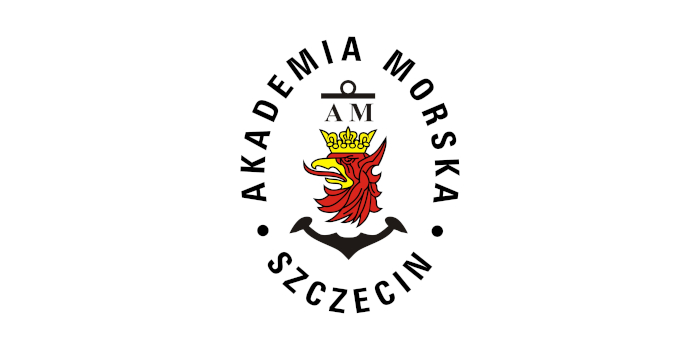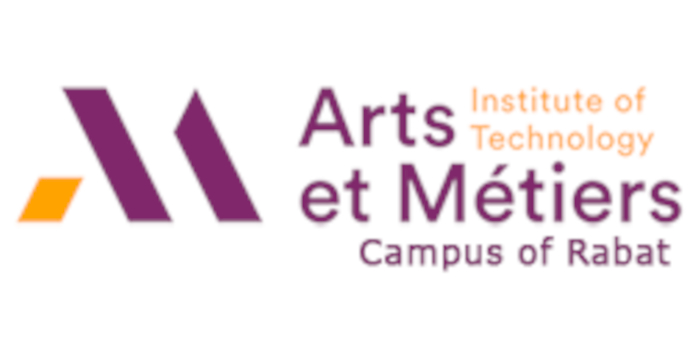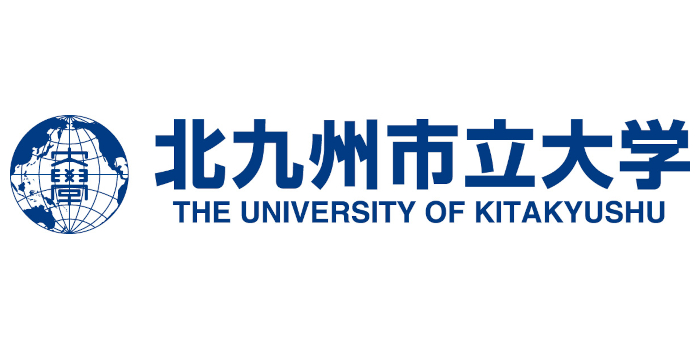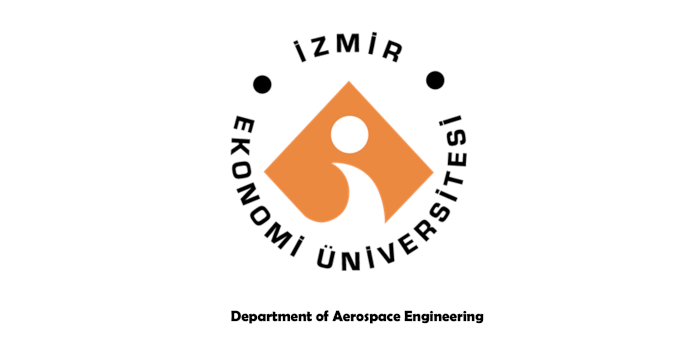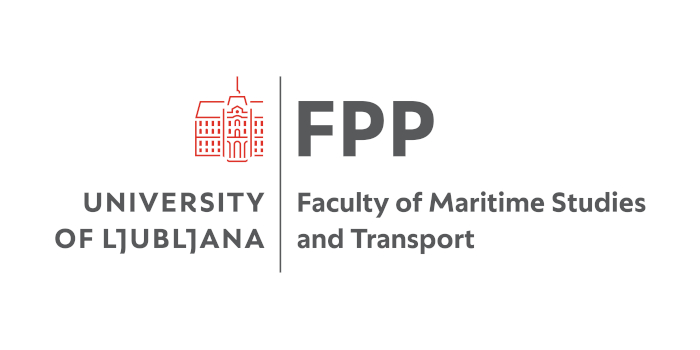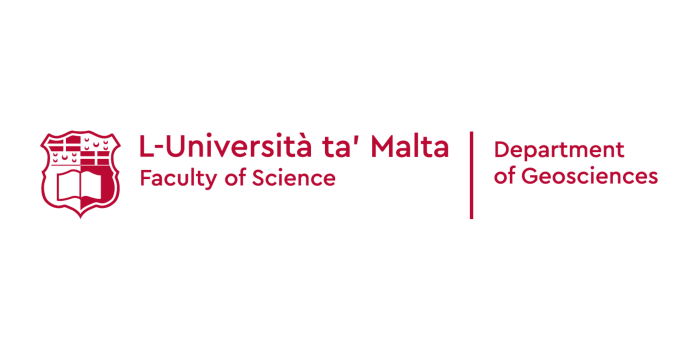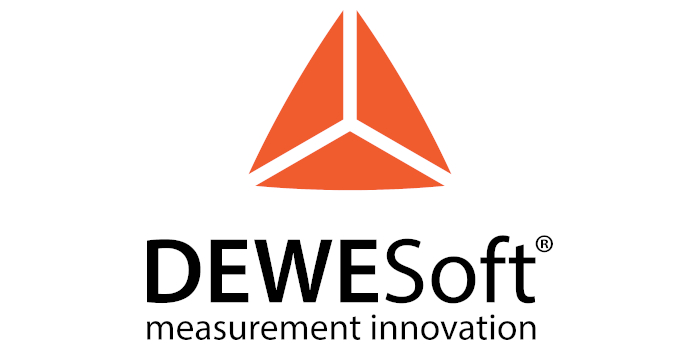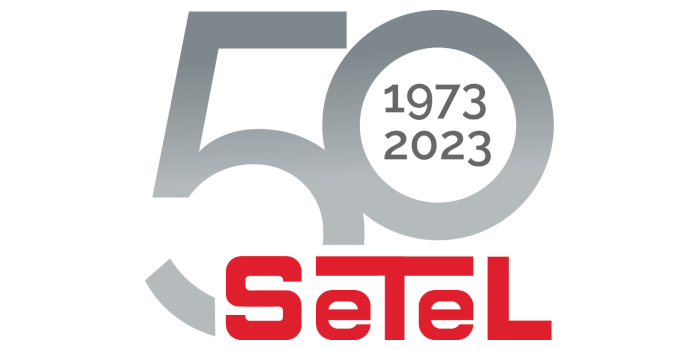SPECIAL SESSION #15
Radar Electronic Attack and Electronic Protection
ORGANIZED BY
Alessio Balleri
Cranfield University
Aled Catherall
Plextek LtD
Raffaele Fiengo
Emerson NI
TOPICS
This special session focuses on Radar Electronic Attack and Electronic Protection. Relevant themes include and are not limited to:
- Electronic Attack (EA) and Electronic Protection (EP) techniques;
- EA and EP techniques against multi-band, netted radar systems to counter data fusion;
- Cognitive EA versus cognitive and adaptive radar threats;
- Advanced system architectures and technology aspects of EA systems (including space-diverse, multi-channel jammers);
- Development of advanced EP techniques against future jammers;
- EA techniques against LPI systems.
ABOUT THE ORGANIZERS
Alessio Balleri, received the Laurea degree in telecommunication engineering (summa cum laude) (five legal years) from the University of Pisa, Italy, in 2004, and the Ph.D. degree in electronic and electrical engineering from the University College London (UCL), London, U.K., in 2010. From February 2010 to March 2012, he was a Research Associate in radar systems with the Department of Electronic and Electrical Engineering, UCL. From June 2004 to December 2004, he was a Visiting Research Scholar with the Department of Electrical and Computer Engineering, University of Illinois at Chicago. He is currently a Professor of radar systems with Cranfield University, Shrivenham, U.K. His research interests include radar and sonar system design, biologically inspired radar and sonar systems, adaptive radar, radar and sonar target classification, target feature extraction, and modeling of radar clutter. Dr. Balleri Guest Coedited special issues on “Biologically Inspired Radar and Sonar Systems” (2012) and "Electronic Attack and Protection for Modern Radar Systems and Radar Networks" (2024) for the IET Radar, Sonar and Navigation and a special issue on “Emerging Radar Techniques” for the EURASIP Journal on Advances in Signal Processing in 2013. He was the Technical Program Committee Co-Chair for the IET International Radar Conference 2017, Belfast, UK and the Technical Co-Chair of the 2020 IEEE International Radar Conference, Washington, DC, USA. He is currently serving as the Deputy Editor in Chief for the IET Radar, Sonar & Navigation journal, as the Associate Editor in Chief for the IEEE Aerospace and Electronic Systems magazine, and he is an elected member of the IEEE AESS Radar System Panel.
Aled Catherall, received a first-class degree in Physics from Nottingham University in 2002, winning the prize for the highest marks in his academic year. He then completed a PhD in high-field magnetism before pursuing a career in defence, initially working for the UK government's Defence Science and Technology Laboratory. He later joined Plextek, where he is currently the Chief Technology Officer. Aled specializes in signal processing, AI, and sensor systems, and has close to 20 years of experience leading the development of new technology in fast-paced environments. He has solved real-world problems across a broad range of disciplines, including sonar, radar, electronic warfare, communication systems, IoT, and more.
Raffaele Fiengo, received the Laurea degree in electronic engineering from the University of Naples Federico II, Italy, in 1997. With more than twenty years of experience in test and measurements solutions and strategic partnerships in the aerospace and defence industry, he covers the position of Chief Business Development Manager at NI (Test & Measurement Division of Emerson) helping scientists and engineers to solve the engineering challenges throughout the system life cycle of radar, electronic warfare, communication and PNT systems.





